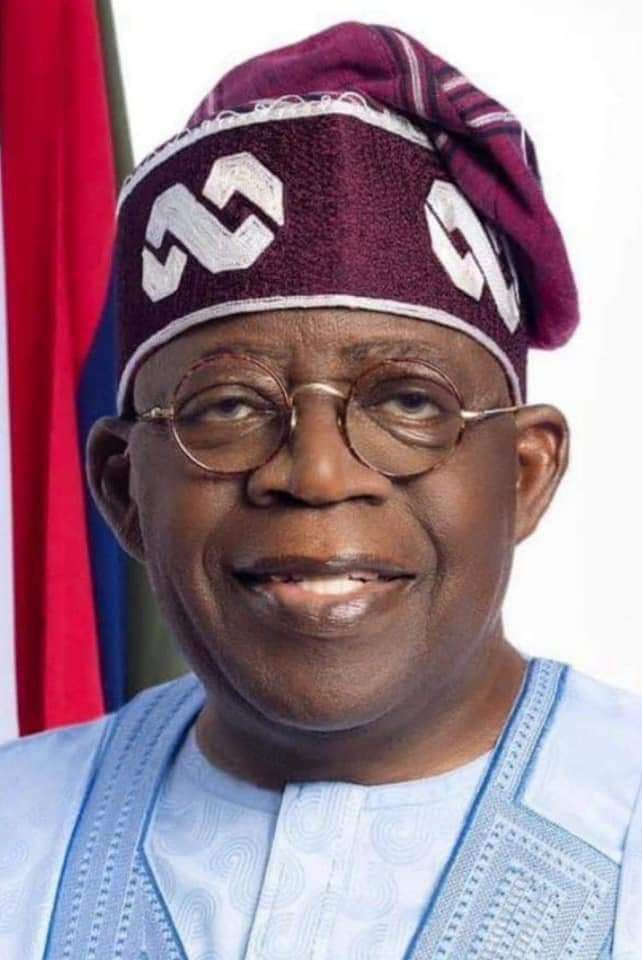The South-East region of Nigeria has always got the short end of the stick. In the recent ministerial appointments, the zone got the least number of ministers when compared with other geopolitical zones. For this reason, the South-East Senate caucus demanded two extra ministerial slots from the President to balance the country’s geopolitical representation in this administration.

In a recent motion moved by Senator Tony Nwoye (Labour Party, Anambra North) and co-sponsored by the remaining 14 Senators from the South-East, the caucus noted that the two additional slots would make for equity, fairness and justice in the representation of all geopolitical zones. The caucus said the under-representation of the South-East in the current government would not augur well for national unity and loyalty as enshrined in Section 14(3) of the 1999 Constitution (as amended).
Also, the Deputy Speaker of the House of Representatives, Hon. Benjamin Kalu, sought more slots for the South-East in the interest of justice and equity and in line with the federal character principle as enshrined in Section 5(a) (b) Part 3, Section 4(b) Part 1 of the Federal Character Commission Act. Senate President, Godswill Akpabio, promised to take the issue up with President Bola Tinubu as soon as possible.
The call for more slots for the South-East is in order. In the current dispensation, the North-West has 10 ministers with Kano, Kebbi and Katsina having two slots each. The North-East has eight, as Taraba and Bauchi have two slots each. North-Central has eight. South-West has nine, as Ogun has three slots while Lagos has two. The South-South has eight while the South-East has only five. No state in the zone has any additional slot.
This is grossly unfair. And it is consistent with the trend of marginalization of the zone over the years. Every zone in this federation has at least six states. The North-West has seven. But the South-East has five. The zone also has the least number of local government areas. When it comes to sharing things based on the number of states or local government areas, the zone is short-changed. In our unity schools, South-East children also suffer discriminatory admission policies.
The Federal Character principle as enshrined in Section 14(3) of the 1999 Constitution demands equity, fairness and inclusiveness in the distribution of appointments and other things in Nigeria. This is observed in the breach. In the civil service and in the security agencies, appointments are skewed against the South-East region. In the immediate past administration of Muhammadu Buhari, no South-East person was found good enough to be a Service Chief, Minister of Defence, National Security Adviser, Inspector-General of Police, Director-General of the Department of State Services (DSS), Controller-General of Customs, Comptroller-General of Immigration, Chairman of the Economic and Financial Crimes Commission (EFCC), and the Commandant-General of the Nigerian Security and Civil Defence Corps (NSCDC) .
We had thought that this nepotism would go with the Buhari administration. But it has continued. The current administration has done well by appointing an indigene of Enugu as the Chief of Naval Staff. But this pales to insignificance when juxtaposed with other major positions. In the executive arm of government, the President is from South-West; the Vice-President is from North-East; the Secretary to the Government of the Federation is from North-Central. In the legislature, the Senate President is from South-South, his deputy is from North-West. In the House of Representatives, the Speaker is from the North-West while his deputy is from the South-East. In the judiciary, the Chief Justice of Nigeria is from the South-West.
It is this type of marginalization that is fuelling the restiveness in the South-East. Today, the region has become a theatre for all manner of gunmen who terrorize the people under the guise of enforcing the Monday sit-at-home directive. The sit-at-home action is in solidarity with the leader of the Indigenous People of Biafra (IPOB), Mazi Nnamdi Kanu, who has been in detention at the DSS facility since June 2021. IPOB is championing calls for self-determination in the South-East.
There is need to address the structural imbalance in the country. For equity and fairness, South-East should be treated the way other zones are treated. Politicking is over. It is time for serious governance. Both those who voted for the ruling party and those who presumably voted against it should be treated equally because no region has a greater stake in Nigeria. No nation survives on marginalizing any section of its constituent units.
What South-East has received so far are crumbs. It doesn’t deserve the treatment. After all, the APC rules in two of the zone’s five states. Six Senators from the zone are from the APC. It is painful when a government begins to treat a region as if it has a bone to pick with it. The easiest way to alienate a people is what we are seeing in the South-East currently. It is not late for the President to redress the imbalance. For a start, the Federal Government should consider giving the South-East an additional state. This will ensure that the number of states in the region is at par with others.







